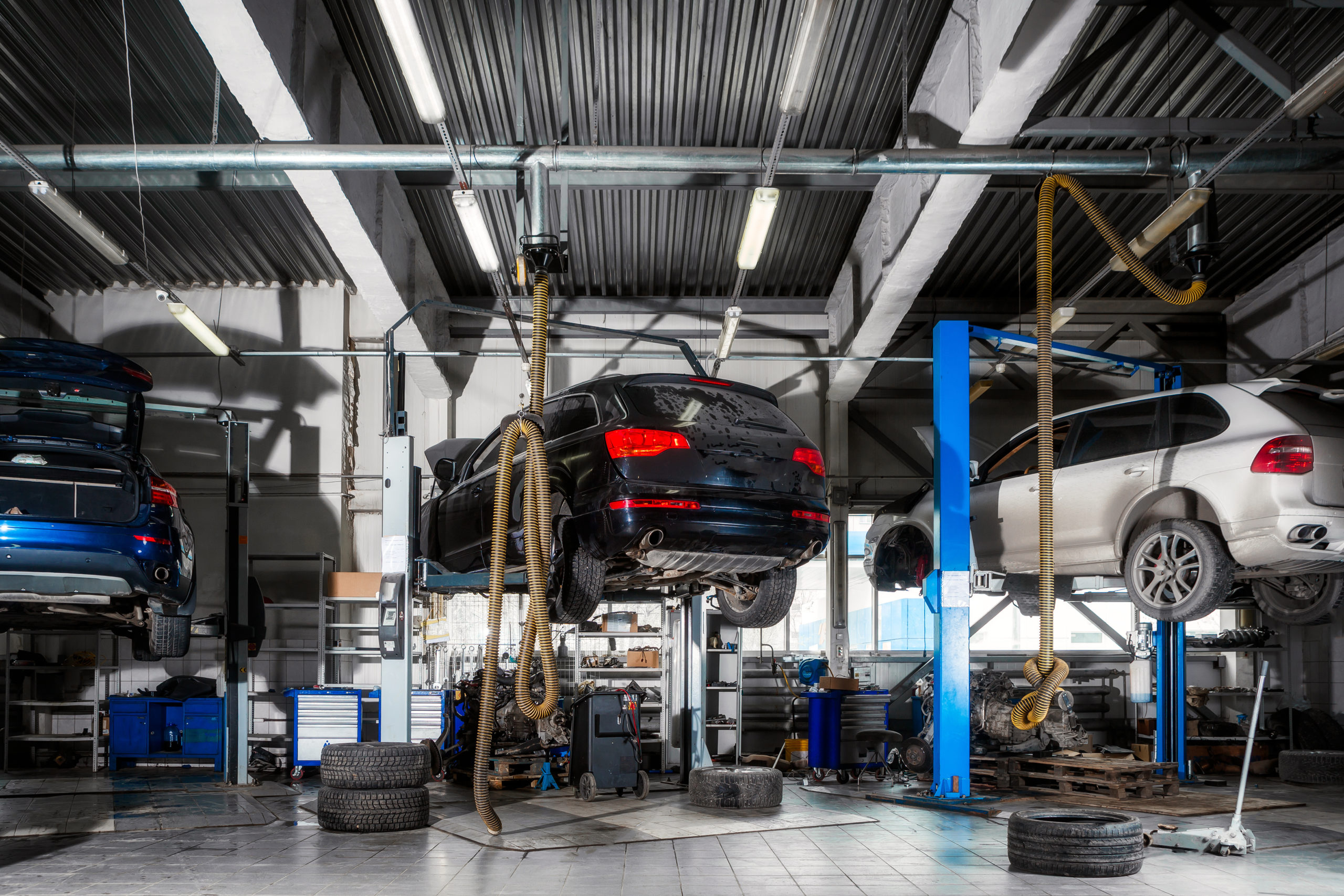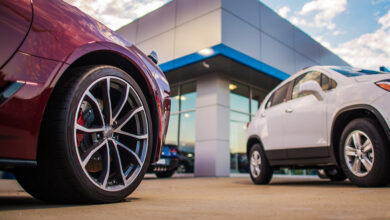KPI — March 2021: Recent Vehicle Recalls

Takata Corp. is responsible for the largest automotive recall in U.S. history, accounting for at least 67 million inflator recalls in tens of millions of vehicles, according to Cars.com.
“Takata’s faulty inflators can degrade after long-term humidity exposure and inflate with too much force during an airbag deployment, sending metal fragments into the vehicle’s cabin. Authorities have linked the crisis to at least 18 U.S. deaths and hundreds of injuries,” according to reports.
Ford to Recall 2.7 Million Vehicles for Takata Airbag Inflators: What Owners Need to Know
Similar to GM, Ford will recall approximately 2.7 million 2006-2012 cars, pickup trucks and SUVs for defective Takata airbag inflators. The move comes after federal authorities denied a 2017 petition for exemption in which Ford cited “inconsequentiality” in the potential defects of the inflators, given their differences in design and performance from earlier Takata inflators, according to Cars.com.
Current recalls are in addition to any existing recalls stemming from potentially faulty inflators. All three contemporaneous Ford brands were affected (Ford stopped producing Mercury vehicles in 2010), but they’re part of two distinct groups, according to the company.
Approximately 1,100 vehicles with collision repairs may have an obsolete Takata inflator. Most recently, both driver-side and passenger-side frontal airbag inflator modules are part of the recall.
- 2004-2011 Ford Ranger
- 2005-2014 Ford Mustang
- 2006 Ford GT
- 2007-2010 Ford Edge
- 2008-2012 Ford Fusion
- 2010-2012 Lincoln MKZ
- 2007-2010 Lincoln MKX
- 2009-2011 Mercury Milan
Forty-five missing single-stage inflators were identified. “It’s possible these obsolete Takata service parts were installed for repairs after collision damage or theft,” said Ford. The affected Rangers had the Takata permanent repair performed before the service parts were purged. At NHTSA’s request, Ford is issuing a safety recall for all 153,107 of these pickup trucks.
- 2004-2006 Ford Ranger
What happens next? Dealers will inspect the driver/passenger airbag inflator or module and replace if necessary. As it relates to the Ranger, vehicle owners can visit their dealer for an inspection and, if necessary, an airbag inflator replacement.
2021 Ford Bronco Sport
“Ford made a splash in the back half of 2020 by unveiling the rugged Bronco and budget-minded Bronco Sport SUVs, but while the former suffers from supply-chain issues pushing back its on-sale date, the latter is already being recalled despite only being at dealers for a few months,” noted Cars.com.
Vehicles Affected: Approximately 1,700 models are impacted.
The Problem: The issue stems from rear suspension modules that may not be fully secured to the subframe. Rear suspension modules with loose or missing bolts may affect the SUV’s stability, increasing the risk of an accident. The situation may also result in reduced rear-impact crash performance, thereby increasing the risk of injury. Ford said it is unaware of any related accidents or injuries, however.
The Fix: To resolve the problem, dealers will confirm the rear suspension bolts are secured properly and replace them for free, if necessary.
2020-2021 F-150 LD Pickups and Super Duty HD pickups
Vehicles Affected: Approximately 79,000 model-year 2020-2021 F-150 light-duty pickups and Super Duty heavy-duty pickups and 10,000 model-year 2020 Super Duty HDs with 6.7-liter engines.
The Problem: Front windshields are not bonded properly to the truck’s body structure, as it applies to the 79,000 in question. In the event of a crash, the windshield may not adequately stay in place, thereby increasing the risk of injury.
According to Cars.com, the 10,000 Super Duty HD pickups with 6.7-liter engines display overstated payload capacities on the labels for tire and loading information. They also overstate accessory reserve capacities on the safety certification labels and weights on the documentation for truck camper loading. Loading to those values may exceed the gross vehicle weight rating or gross axle weight rating, which may result in suspension overload and increased stopping distance, thereby increasing the risk of a crash.
The Fix: Dealers will remove and reinstall the windshield using standard service procedures, or replace the label for tire and loading information, the label for safety certification and, if needed, the documentation for truck camper loading. All repairs will be done for free.
2020-2021 Audi Q7 SUV
Vehicles Affected: Approximately 27,000 Audi Q7 SUV front passenger airbags are impacted.
The Problem: The issue stems from the airbag control module, which may deploy the second stage of the front passenger airbag too quickly when the seat is occupied, thereby increasing the risk of injury.
The Fix: Dealers will update the airbag control module for free.
2012-2018 Model S sedans and 2016-2018 Model X SUVs
Vehicles Affected: Tesla is addressing an issue with the center display for owners of nearly 135,000 model-year 2012-2018 Model S sedans and 2016-2018 Model X SUVs.
This comes after a lengthy investigation by the National Highway Traffic Safety Administration, which concluded with “a rare letter” back in January asking for a formal recall from the automaker, according to Cars.com.
The Problem: Last June, federal investigators noted premature memory wear-out in the memory control unit’s memory flash device, specifically an Nvidia Tegra 3 processor. The premature wear-out of the MCU can cause the loss of the rearview camera display, climate controls, defrosting/defogging and turn signal lighting. Any of these can increase the risk of a crash. The NHTSA investigation documented audible alerts and Autopilot were affected as well, but Tesla made no mention of either in its formal recall.
The Fix: To resolve the issue, Tesla will replace the visual computing module daughterboard with one containing an enhanced embedded multimedia card memory controller. All repairs will be done for free, and the recall is expected to begin March 30.
*All recall information is courtesy of Cars.com



